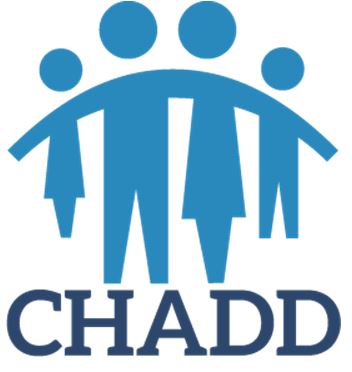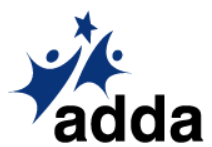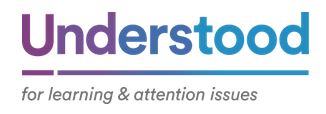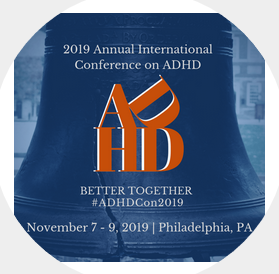October is ADHD Awareness Month, a wonderful opportunity to get – and share – reliable information about ADHD for yourself, your child or someone else you care about. The problem is that if you do an internet search for “ADHD”, you get a whole host of websites to visit, options to try, research to consider, and people to consult – it’s like drinking out of a fire hose!
Where do you start? Start with the basics. Even if you’ve been dealing with your own ADHD or that of a family member for a while, it’s vital to keep up to date with research, treatment options, and resources! For a great foundation in ADHD, the following websites are wonderful places to learn or update knowledge about how to live well with ADHD.
 Children and Adults with Attention-Deficit/Hyperactivity Disorder (CHADD) is a leading resource on ADHD that provides support, training, education and advocacy for children and adults living with ADHD, their families, educators, as well as healthcare professionals.
Children and Adults with Attention-Deficit/Hyperactivity Disorder (CHADD) is a leading resource on ADHD that provides support, training, education and advocacy for children and adults living with ADHD, their families, educators, as well as healthcare professionals.
- In addition to the helpful in-person meetings that CHADD supports around the country and the Ask the Experts and CHADD webinars that it hosts, I love having access to some of the best information on the web related to ADHD. Check out the numerous fact sheets and infographics with general ADHD information as well as specific information for adults, parents and educators.

Attention Deficit Disorder Association (ADDA) is the leading organization for adults with ADHD which provides information, resources and networking opportunities to help adults with ADHD lead better lives.
- It is powerful to be around people who “get” you, who have walked in your shoes and are accepting and nonjudgmental. One aspect of ADDA membership that I love is the opportunity to be part of Virtual Support and Work Groups and Virtual Workshops with people who truly understand the challenges and have great ideas for moving forward!

Understood is an organization for parents of children 3-20 who struggle with learning and attention issues, which gives parents information, expert advice, resources and a community.
- One of my favorite things on this website is the series of simulations called Through Your Child’s Eyes that help parents (and others) experience what it might be like to have reading, writing, attention, math or organizational challenges.

The Annual International Conference on ADHD will be held November 7-9, 2019 in Philadelphia. Representatives from CHADD, ADDA and the ADHD Coaches Organization (ACO) work together to put on a not-to-miss conference that stimulates the mind and nurtures the soul.
- At this conference, you will have the opportunity to be inspired by the experts, add to your repertoire of skills and strategies, as well as be in the company of a large group of people who understand – and celebrate – ADHD!
As you prepare for October’s ADHD Awareness Month as an adult or a family member of someone with ADHD, start with reliable, evidence-based information and think about how you might share that information in your schools, your workplace, around the dinner table, or on social media!
And, of course, if you want to learn more about ADHD coaching in person in San Diego or virtually via the phone or internet, contact us. We would be delighted to help you develop the skills, tools and strategies to thrive with ADHD!


 I am pleased to announce that my colleague, Melissa Knight, and I will be presenting a conference session on the role of ADHD coaching in support of healthy lifestyles. This is an important and timely topic related to research done by Dr. Russell Barkley and the impact of ADHD – and specifically self-regulation – on health outcomes.
I am pleased to announce that my colleague, Melissa Knight, and I will be presenting a conference session on the role of ADHD coaching in support of healthy lifestyles. This is an important and timely topic related to research done by Dr. Russell Barkley and the impact of ADHD – and specifically self-regulation – on health outcomes.


